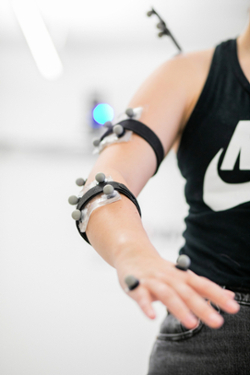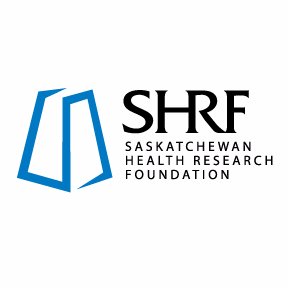How do time and rural residence affect upper limb biomechanical alterations in rotator cuff disease?
Study Desciption

Upper limb pain is extremely common. The most frequent cause of pain and disability of the upper limb is injury to rotator cuff muscles, the small muscles surrounding the shoulder. Our team’s previous research suggests there are movement strategy alterations that are related to rotator cuff disease development, but more research is needed to define this relationship.
Further, the effect of rural residence on musculoskeletal health needs to be considered due to the social, occupational, and health care access differences that exist compared to urban dwellers.
The goal of this project is to better understand the biomechanics, or movement, aspects of rotator cuff disease over time to prevent injury progression and improve rehabilitation outcomes for people with shoulder pain in Saskatchewan.
In this Saskatchewan Health Research Foundation-funded study, people with rotator cuff disease will be recruited from urban centers and rural areas of Saskatchewan. Upper limb motion and muscle activity will be measured during a work-related activities and functional task protocol at three points over one year. The relationship of biomechanics, time since injury, and location of residence (rural/urban) will then be assessed.
Recruitment for this project has been completed. We would like to thank all participants for their involvement.
Project Investigators

More Information
To see our study highlighted by the University of Saskatchewan, please see this article:
